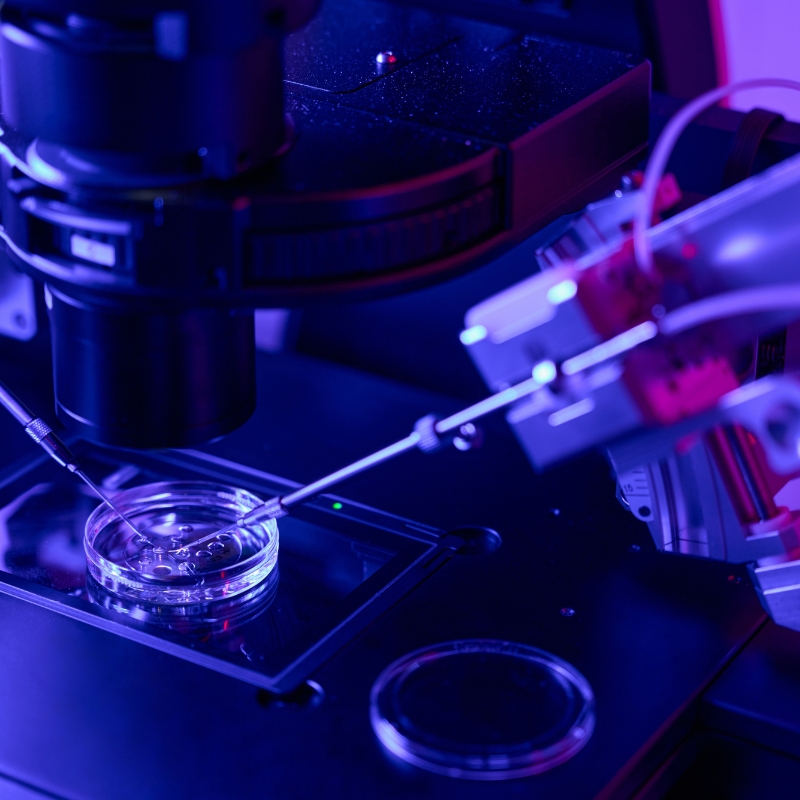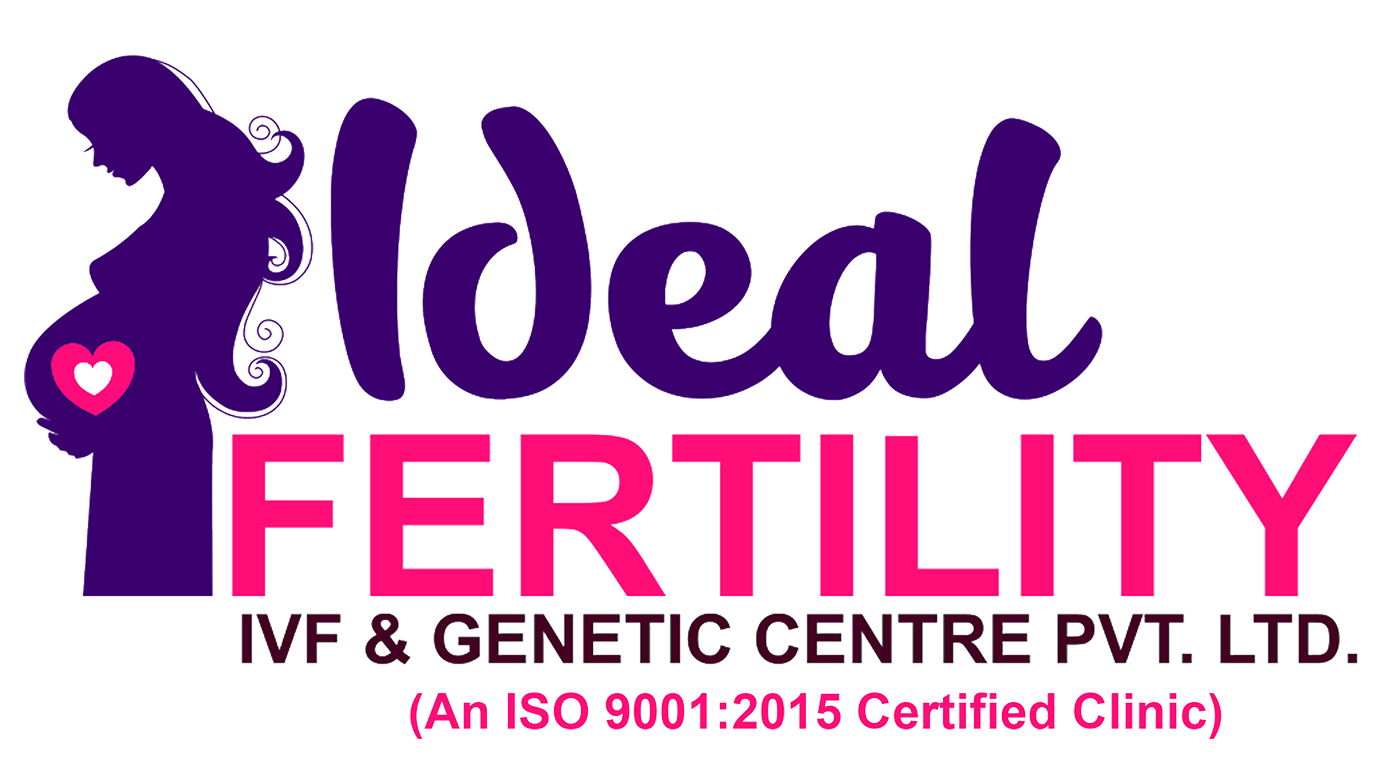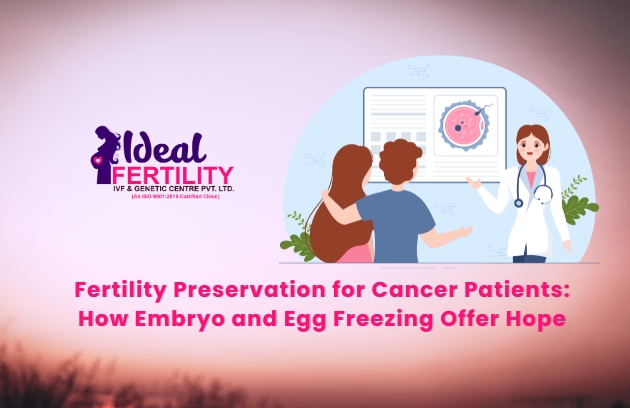Table of Contents
A cancer diagnosis is life-changing, bringing both physical and emotional challenges. For many patients, especially young women and men, one of the biggest concerns is how chemotherapy, radiation or surgery will affect their ability to have children in the future. Cancer treatments can damage eggs, sperm and reproductive organs, leading to temporary or even permanent infertility.
However, fertility preservation (प्रजनन संरक्षण) offers hope. Through egg freezing and embryo freezing, cancer patients can safeguard their reproductive potential before starting treatment. This ensures that they have the opportunity to conceive in the future, using their own biological material.
How Cancer Treatments Affect Fertility?
Cancer treatments aim to eliminate cancer cells, but they can also harm healthy reproductive cells in the process. The impact on fertility depends on several factors, including the type of cancer, the treatment plan and the patient’s age.
Effects of Chemotherapy on Fertility
- Chemotherapy targets rapidly dividing cells, including cancer cells and reproductive cells.
- It can damage eggs in the ovaries, leading to diminished ovarian reserve or premature menopause.
- The risk of infertility is higher with alkylating agents and platinum-based drugs, commonly used in cancer treatment.
Effects of Radiation Therapy on Fertility
- Radiation to the pelvic area can damage ovaries, the uterus and sperm production.
- Whole-body radiation before a bone marrow transplant can cause permanent ovarian failure.
- Radiation may also affect the uterus’ ability to carry a pregnancy later in life.

Effects of Surgery on Fertility
- Surgery for ovarian, uterine, testicular or prostate cancer may require the removal of reproductive organs.
- In some cases, fertility-sparing surgery is possible, but early fertility preservation planning is essential.
With these risks in mind, fertility preservation should be considered as early as possible, before cancer treatment begins.
What is Egg Freezing?
Egg freezing (अंडे जमाना), also known as oocyte cryopreservation, allows women to preserve their unfertilized eggs before undergoing cancer treatment. This technique is particularly beneficial for:
- Young women diagnosed with cancer who are not ready to start a family.
- Patients undergoing chemotherapy or radiation that may harm their eggs.
- Women with ovarian cancer who may require surgery to remove their ovaries.
The Egg Freezing Process for Cancer Patients
- Consultation with a Fertility Specialist
- The oncologist and fertility specialist work together to develop a preservation plan.
- Ovarian Stimulation
- The patient receives hormone injections for about 10-14 days to stimulate egg production.
- In hormone-sensitive cancers, specialists use modified protocols to minimize risk.
- Egg Retrieval
- Eggs are collected through a minor surgical procedure.
- Freezing Using Vitrification
- The eggs are rapidly frozen using vitrification, preventing ice crystal formation and ensuring high survival rates.
- Long-Term Storage
- Frozen eggs can be stored for decades, ready for future fertilization.
What is Embryo Freezing?
For cancer patients who are married or in committed relationships, embryo freezing (भ्रूण जमाना) may be a better option. Instead of freezing eggs, the eggs are fertilized with sperm first, creating embryos that can be frozen and stored for future use.
Who Should Consider Embryo Freezing?
- Couples where one partner has cancer and wants to preserve their ability to conceive together.
- Women undergoing treatment that could affect egg quality, as embryos survive freezing better than eggs.
The Embryo Freezing Process
- Fertilization
- The retrieved eggs are fertilized with sperm using in-vitro fertilization (IVF).
- Embryo Selection and Freezing
- High-quality embryos are selected and frozen using vitrification.
- Long-Term Storage
- The embryos can be stored indefinitely and used later for pregnancy through IVF.
Success Rates of Egg and Embryo Freezing for Cancer Patients
- Egg freezing survival rate: 80-90% after thawing.
- Embryo freezing survival rate: 90-95% after thawing.
- Pregnancy success rate: Similar to fresh eggs or embryos, depending on the patient’s age and health.
Why Fertility Preservation Is Crucial for Cancer Patients?
- Protects Reproductive Potential
- Cancer treatments may permanently damage fertility, but freezing eggs or embryos allows patients to try for a baby later.
- Provides Emotional Hope
- Knowing they have preserved their fertility helps cancer patients focus on treatment without added stress.
- Ensures Biological Parenthood
- Unlike donor eggs or embryos, freezing allows patients to have children genetically related to them.
- Gives Time to Plan Parenthood
- Cancer patients can recover fully before attempting pregnancy.
How Cancer Patients Can Access Fertility Preservation Services?
- Talk to Your Oncologist Early
- Discuss fertility risks and explore preservation options before starting treatment.
- Visit a Specialized Fertility Clinic
- Look for an egg freezing clinic (अंडा फ्रीजिंग क्लिनिक) with expertise in cancer fertility preservation.
- Consider Financial and Emotional Support
- Many organizations offer financial aid for fertility preservation.
Conclusion
A cancer diagnosis does not mean losing the chance to have biological children. With egg freezing and embryo freezing, cancer patients can preserve their fertility and plan for a future family. Advances in cryopreservation and fertility treatments have made it possible for survivors to embrace parenthood when they are ready.
For those facing cancer, fertility preservation offers hope – a chance to look beyond the disease and hold onto the dream of having a family. Early consultation with a fertility specialist is key to ensuring the best outcome.
FAQs About Embryo and Egg Freezing
Q1. How soon should cancer patients consider egg or embryo freezing?
Ideally, before starting chemotherapy or radiation, as these treatments can permanently damage fertility.
Q2. Can egg freezing delay my cancer treatment?
No, fertility specialists use fast-track protocols, ensuring the process is completed in 2-3 weeks.
Q3. Is embryo freezing better than egg freezing for cancer patients?
Embryo freezing has a slightly higher success rate, but egg freezing is a better option for single women.
Q4. How long can eggs or embryos be stored?
Both can be stored indefinitely without losing quality.
Q5. Where can I find fertility preservation services in India?
India has top fertility clinics specializing in egg and embryo freezing for cancer patients, offering advanced technology and affordable options.



